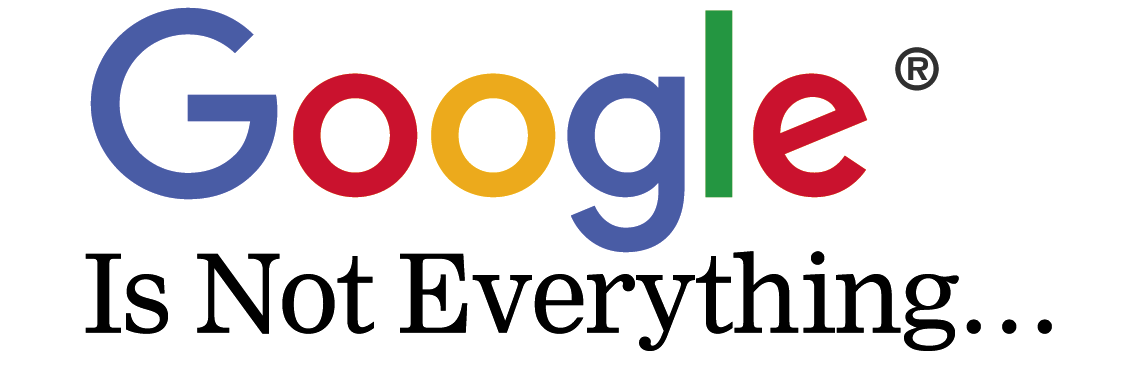Gun Control
Brooklyn Jones | Maui High School
The only consensus we seem to have on gun control laws in America is the amount of disagreement. The Second Amendment, apparently guaranteeing our rights to bear arms, is open to interpretation by others. No matter its true meaning, however, we must resolve the current back-and-forth matter of gun ownership. As of March 24, 2021, one-hundred and three mass shootings occurred this year alone. Although 2021 was supposed to be a new beginning from the 2020s rollercoaster, countless people have perished from gun violence within the first three months.
Is there a balance we can achieve to keep both our firearms and our safety?
Since day one, pro-gun laws existed in America; the right to bear arms was written into America’s constitution by our Founding Fathers. Still wary of England’s past constriction on colonial rights, the Founding Fathers wanted to ensure every American would be able to own a gun to protect themselves against the government should the need arise. Without our right to buy and own firearms, armed forces, police forces and the like would be free to infringe upon our rights as they wished.

Photo courtesy Gwen Jaramillo
Gwen Jaramillo, a Junior at Maui High School, shares her thoughts on the subject. In her opinion, “the Second Amendment is still relevant today but obviously, with the system we have now, there are many faults so the logistics of all of it needs to be rethought.” When the Second Amendment was enacted, the only real firearms around were muskets, compared to the AK-47s around today. While the Second Amendment does still have a footing in the present, it is questionable if buying heavy-duty firearms should remain available for casual purchase and use. “A gun should not be used to kill but instead should be used to protect and serve,” Gwen states. “There are certain guns that I believe should not be administered to an average citizen (anyone that isn’t in any sort of special force) such as [a] 50-caliber rifle.”
Nonetheless, the act of amassing swaths of firearms receives praise in this country. A contributor to this sentiment is the National Rifle Association, better known as the NRA. Gwen points out that while its core values uplift self-independence, honesty and patriotism, the NRA’s darker side shows “an unconstitutional restraint with legitimate gun control and claim[s] [of] victimhood in any case of a mass shooting.”

Photo courtesy Camille Haluber
The NRA and other associations, pro or anti-gun, lead us to ask whether the problem stems from guns or the people using them. Maui High School Junior Camille Haluber answers this question. “I believe that having access to guns can lead to the controversy of what a person does with them, either good or bad.” In her opinion, guns are a right people utilize because of the Second Amendment but often end up abusing. On the other hand, having the weapon itself can encourage someone to make poor decisions with the rifle, leading to unnecessary violence, as seen in recent acts of racially-motivated sadism by civilians and police officers alike.
Camille suggests enacting laws to prevent police officers and other authorities from abusing their weapons privileges to combat this. She also thinks lack of education is a big part of the problem, recommending community lessons about gun violence and gun etiquette should be mandatory. “People should think before pulling the trigger and how their actions will impact others around them,” she concludes.
Because our nation is so diverse, opinions about owning guns can vary highly. People of color, in many cases, are disproportionately assaulted in gun cases than Caucasians, affecting their beliefs. Citizens of southern states and other areas where gun laws are looser may not find them as threatening or outlandish to own. No matter the example, it’s clear that individuals’ opinions regarding guns depend heavily on their environment.

Photo courtesy Altene Jacob Tumacder
Altene Jacob Tumacder, a Junior attending Maui High School, sees the correlation between the parents’ actions and their children’s behavior regarding gun ownership. “Many believe that guns are deemed safe as they are glorified by the usage of their guns by their parents. They are often blinded by the sad reality that it has violently taken the lives of many in our country.” Like many, he has noticed a concerning number of shootings over the years. “It isn’t a surprise when there is a new mass shooting reported.”
What most concerns Altene, though, is when his schoolmates make jokes about the shootings as a way to cope with the heavy news. Generation Z, consisting of people born from 1997–2012 has grown up with the heartbreaking knowledge shootings are widespread in this country but that hasn’t made hearing about it any easier. Other peers, Altene observed, turn to activism as an attempt at change, but “[it] often appears as if we are silent.”
Rage and grief often go hand in hand with events of gun violence. The product of these emotions can either be chaotic or uniting. Rachel’s Challenge is an example of the latter. The foundation, born out of Rachel Scott’s memory, a victim of the 1999 Columbine High School shooting, was inspired by Scott’s bountiful kindness. Having once attended a Rachel’s Challenge seminar myself, I can say it was a beautiful way to honor Rachel’s memory, as well as everyone else who lost their lives in the Columbine Shooting. It showed my classmates and me something inspiring and good could ensue even after a horrible tragedy.
The issue of gun control understandably brings a flurry of emotions and arguments but bringing the facts to light as the ultimate deciding factor is of utmost importance. Clearly, there is no black and white answer for any aspect of gun control laws. Our country’s diverse population, incredible as it is, comes with the kickback of having varied opinions on almost every topic. And for most other subjects, disagreeing is okay. But what we all need to start collectively agreeing is our current gun control system isn’t sustainable. Too many innocent people have perished because of our unwillingness to listen and work together. Let’s use our passion for keeping our weapons to be passionate about keeping each other safe too.
 Google® Is Not Everything is a monthly column authored by high school students. The title of the column emphasizes that education is more than just googling a topic. Google® is a registered trademark. This month’s guest columnist is Brooklyn Jones, a Junior at Maui High School. She is an assistant editor in her school’s journalism program, Saber Scribes, and is a member of the Girls Can STEM Club as well. Brooklyn is in the ACOM Pathway at Maui High, specializing in graphic design. In her free time, she swims for Hawai‘i Swimming Club, bakes and likes to go to the beach. She is the daughter of Melissa Ligot Jones and Darren Jones.
Google® Is Not Everything is a monthly column authored by high school students. The title of the column emphasizes that education is more than just googling a topic. Google® is a registered trademark. This month’s guest columnist is Brooklyn Jones, a Junior at Maui High School. She is an assistant editor in her school’s journalism program, Saber Scribes, and is a member of the Girls Can STEM Club as well. Brooklyn is in the ACOM Pathway at Maui High, specializing in graphic design. In her free time, she swims for Hawai‘i Swimming Club, bakes and likes to go to the beach. She is the daughter of Melissa Ligot Jones and Darren Jones.

